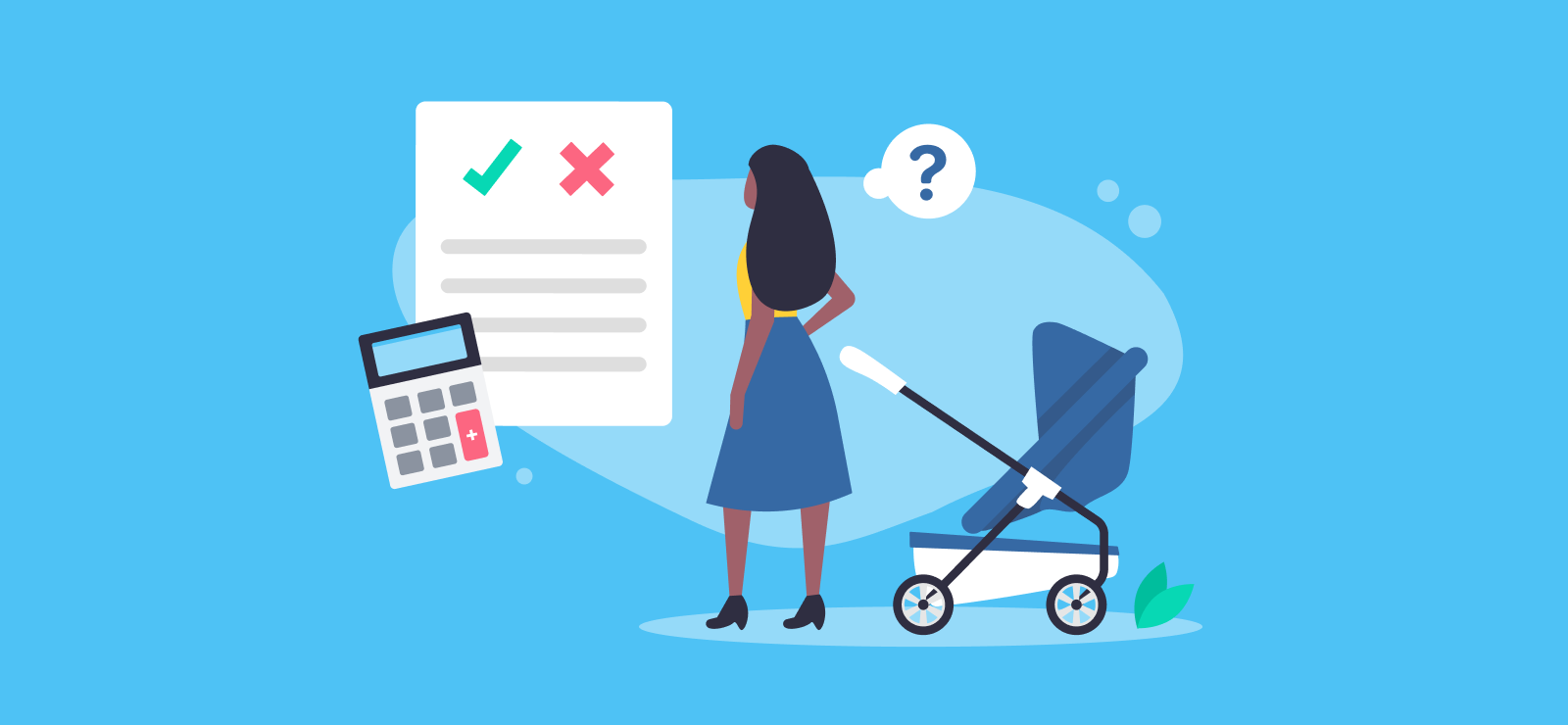

Self Assessment for the Self Employed
If you earn money from being self-employed then you might need to submit a Self Assessment tax return to tell HMRC about your income. In this article we explain how Self Assessment works if you’re self-employed, and what information you might need to include.
Do I need to complete a Self Assessment if I’m self-employed?
You’ll need to submit a Self Assessment tax return if you’re registered to do so – unless you tell HMRC you no longer need to submit one because your circumstances have changed, or because you will use Making Tax Digital for Income Tax instead.
If you’re self-employed, for instance because you’re a sole trader or you freelance, you’ll normally need to register for Self Assessment and submit a tax return if your self-employed or property income is more than the £1,000 trading allowance in a tax year (which runs 6th April – 5th April).
You won’t need to sign up for Self Assessment if your self-employed income is less than the £1,000 trading allowance.
What about if I work for an employer at the same time?
You’ll still need to register for Self Assessment if your self-employed income is more than £1,000, even if you work for an employer as well as being self-employed (for example, because you have a side hustle you work on in your spare time).
This is because your employer will only report on earnings relating to your employment with them, so it’s up to you to tell HMRC about any income you get from working for yourself. If you ask an accountant to submit your return for you, make sure you tell them about any employments and other income as well as your self-employed activity!
How does Self Assessment work for self-employed people?
People who work as an employee usually have their tax and National Insurance contributions taken care of by their employer. If you also earn money from self-employment, then it’s up to you to report your income and pay the right amount of tax and NI (although the NI you pay as a self-employed person is different to NI you pay through an employer).
Your Self Assessment tax return must show the details of all of the income you receive during the tax year, including anything you earn from an employer. It doesn’t mean you’ll need to pay tax on that money again!
HMRC use this information to work out your total earnings for the year in order to calculate what rate of tax you should pay on your self-employed income. Declaring all of your income for the year helps HMRC understand:
- What you earned
- How you earned it
- What tax relief you might be entitled to (for instance, by claiming allowable expenses)
- Any tax you’ve paid already, so you don’t end up paying it twice on the same money
Do self-employed people need to send a tax return if they make a loss?
Yes, you’ll need to submit a Self Assessment return every year once you register for self-employed tax, even if you make a loss or earn less than the trading allowance.
When should I sign up as self-employed?
The deadline for registering as a self-employed sole trader is 5th October following the end of the tax year in which you started trading.
For example
You became self-employed in August 2024, which falls into the 2024/25 tax year. You should register for Self Assessment by 5th October 2025 at the very latest.
Registering for Self Assessment doesn’t happen automatically, but you can sign-up online. HMRC also have a Self Assessment Helpline available on 0845 900 0444. You can also contact HMRC if you have issues signing in to your Self Assessment account in the future.
When should I submit my Self Assessment tax return?
The deadline for submitting your Self Assessment tax return depends on how you plan to submit. If you’re our client, you can see upcoming deadlines and what to do next in Client Hub.
- By post: Submit your paper Self Assessment tax return form by 31st October
- Online: The deadline for an online submission is 31st January following the end of the tax year it relates to
- Online, and you want HMRC to collect what you owe through your tax code: 30th December
You don’t have to wait until the deadline to submit your tax return, and can file it as soon as the tax year is over. This gives you much more time to get it right, and more time to pay your tax bill!
Learn more about our online accounting services for businesses. Call 020 3355 4047 to chat to the team, and get an instant online quote.
Want to learn more?
Subscribe to our newsletter to get accounting tips like this right to your inbox

Read more posts...

How Do Footballers Pay Tax?
24th February 2026We all know top-flight footballers do alright. But how does tax work for professional footballers? Is it treated as self-employed income, or…
Read More
The Accountancy Partnership – Our Positive Reviews
16th February 2026We’re proud of our customers’ reviews here at The Accountancy Partnership The reviews we receive from our customers show how hard we…
Read More
Maternity Pay for Self-Employed People
15th February 2026As a self-employed person you might be eligible to get Maternity Allowance payments for up to 39 weeks. It’s different to Statutory…
Read MoreConfirm Transactions
The number of monthly transactions you have entered based on your turnover seem high. A transaction is one bookkeeping entry such as a sale, purchase, payment or receipt. Are you sure this is correct?
Please contact our sales team if you’re unsure
VAT Returns
It is unlikely you will need this service, unless you are voluntarily registered for VAT.
Are you sure this is correct?
Call us on 020 3355 4047 if you’re not sure.
MTD IT Quarterly Updates
Your final, end of year MTD Income Tax submission is included in your fee, without this add-on service.
We would recommend you submit the quarterly updates yourself using Pandle or alternative bookkeeping software.
However, if you would prefer us to submit these quarterly updates for you, there is an additional fee of £35.00 per month.
Call us on 020 3355 4047 if you’re not sure.
Bookkeeping
You will receive our bookkeeping software Pandle for free, as part of your package.
You can use this to complete your own bookkeeping, or we can provide a quote to complete your bookkeeping for you.
Please select and option below:
Call us on 020 3355 4047 if you’re not sure.

